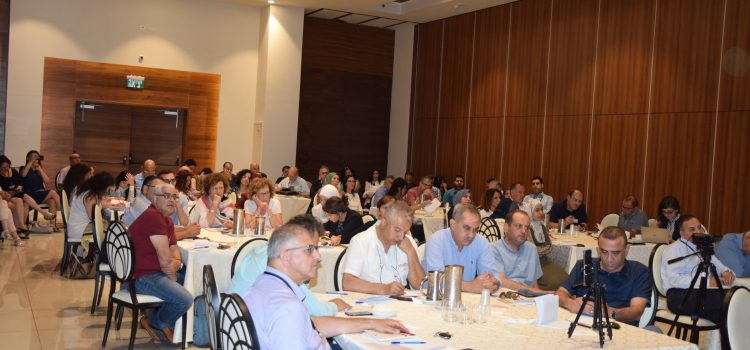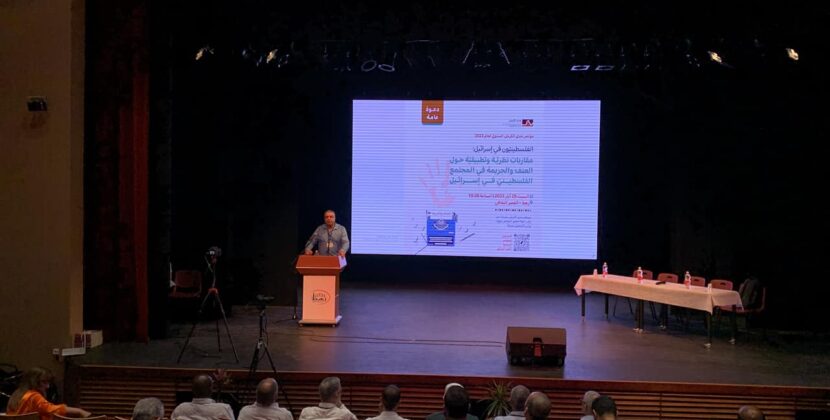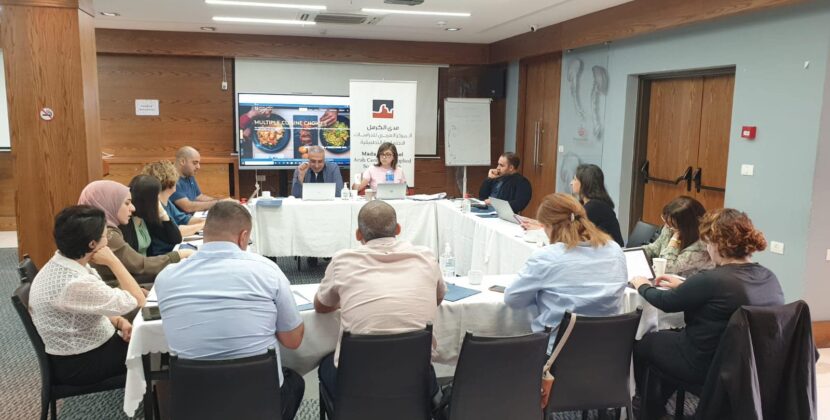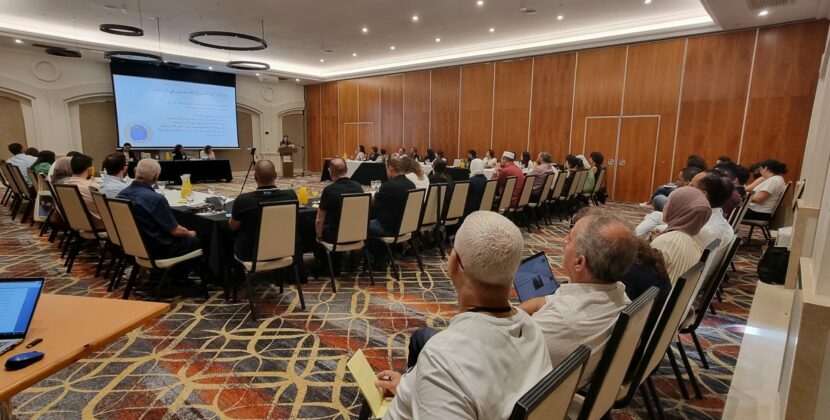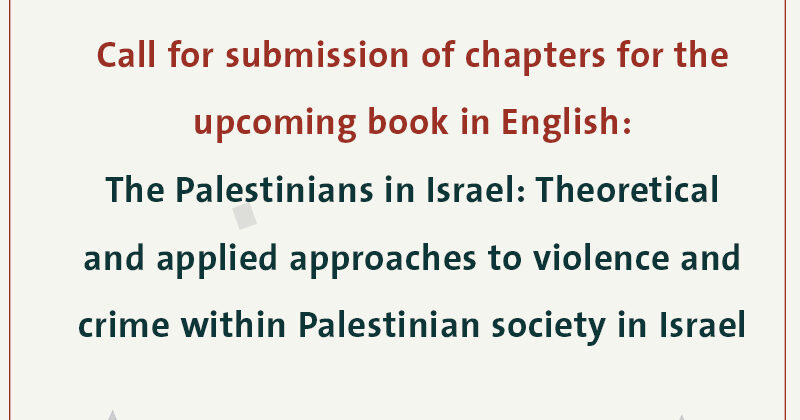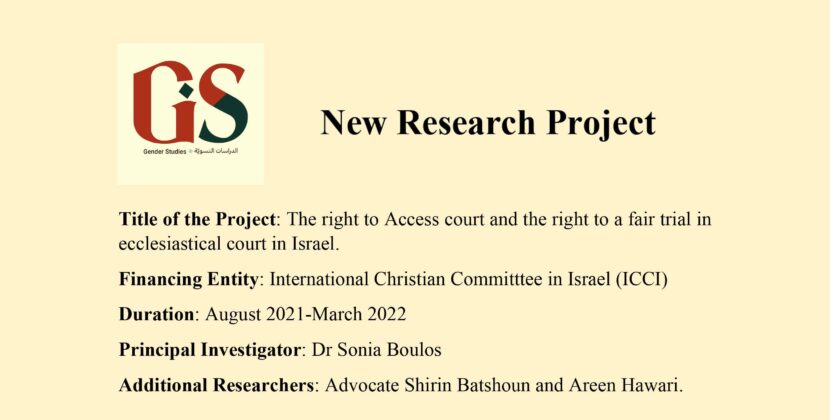Every year, Mada’s conference focuses on an aspect of Palestinian life and reality in Israel- this year’s conference is entitled “The Palestinian Political Sphere – Leadership Transitions and the Role of Parties: Organization vs. Representation”. Mada al Carmel’s 2020 annual conference had been due to take place in March, but the Coronavirus pandemic forced the center to postpone it. When rescheduling it for October, the center took the decision to spread the conference’s three sessions over three different days in order to more effectively adhere to public health regulations, with the sessions being broadcast online.
A range of prominent academics, politicians and activists will take part, and will discuss the seven different research papers being presented at the conference. These papers are to be distributed in a collected volume by Mada al-Carmel, free of charge. The conference will be opened by Professor Nadera Shalhoub-Kevorkian, head of Mada al-Carmel’s managerial board, and the inaugural address will be given by Dr Mohanad Mustafa, general director of Mada. He will lay out the scope and framing of the conference, and the landscape of contemporary political shifts and transitions.
The first session of the conference is entitled “Shifts in Political Leadership and Discourse” will commence at 10am on Friday, 23rd October. The session will be chaired by lawyer Ali Haider, an academic and human rights activist. In it, Professor Amal Jamal, lecturer and researcher in the Department of Political Science at Tel Aviv University, will present his paper entitled “A Paradigmatic Analysis of Palestinian Elites and Leaders in Israel: How Have Sudden Changes Affected Representativeness?” Dr Mansur Nsasra, lecturer in International Relations at Ben Gurion University, will also be presenting in this session. His paper is entitled “Changes in the Palestinian Political Landscape in Israel after Oslo”. These two papers will be followed by a talk from Dr Heba Yazbek, an MK for the Balad party in the Joint List.
The second session of the conference will start at midday on Saturday 24th, and will be entitled “Economic Approaches and the Role of Parties”. The session will be chaired by Dr Ramez Eid, a researcher and lecturer in Political Anthropology and Human Rights. In the session, Dr Sami Miaari, lecturer at Tel Aviv University, Oxford University, and director of the Arab Economic Forum, will present his paper on how economic changes affect Palestinian Arab voting behaviors in Israel. Following this, Mohamed Khalayleh, researcher at PhD student at Haifa University, will present his paper “The Declining Power of Political Parties in Local Politics: Between the Constant and the Variable”. Dr Said Suleiman, an independent researcher and lecturer in the field of Geography, will discuss his paper, reviewing the role of Arab parties in nurturing political participation. Representative Aida Touma-Sliman, a member of the Knesset from the Democratic Front for Peace and Equality (Hadash) in the Joint List, will conclude the session with a discussion of the three papers.
The third and final session, “Post-Politics: A Feminist Approach” will take place on Sunday, October 25, at 6:00 pm. The session will be chaired by a member of the Research Committee at Mada Al-Carmel, Dr. Ayman Agbari, with the participation of Khaled Anabtawi, a PhD student in sociology and anthropology at the Graduate Institute in Geneva with his paper “Approaches to the Question of Palestinian Politics in Israel: A Reading of Crises and Transformations” Dr Areen Hawari, researcher and coordinator of the Postgraduate Student Support Program at Mada al-Carmel, will present her her paper “The Religion and Politics of Leaders in the Islamic Movement: A Feminist Approach”. Providing comment on these two papers will be Mrs. Heba Harish Awada, an educational consultant, social activist, and researcher.
For the conference program (in Arabic), please click here.





